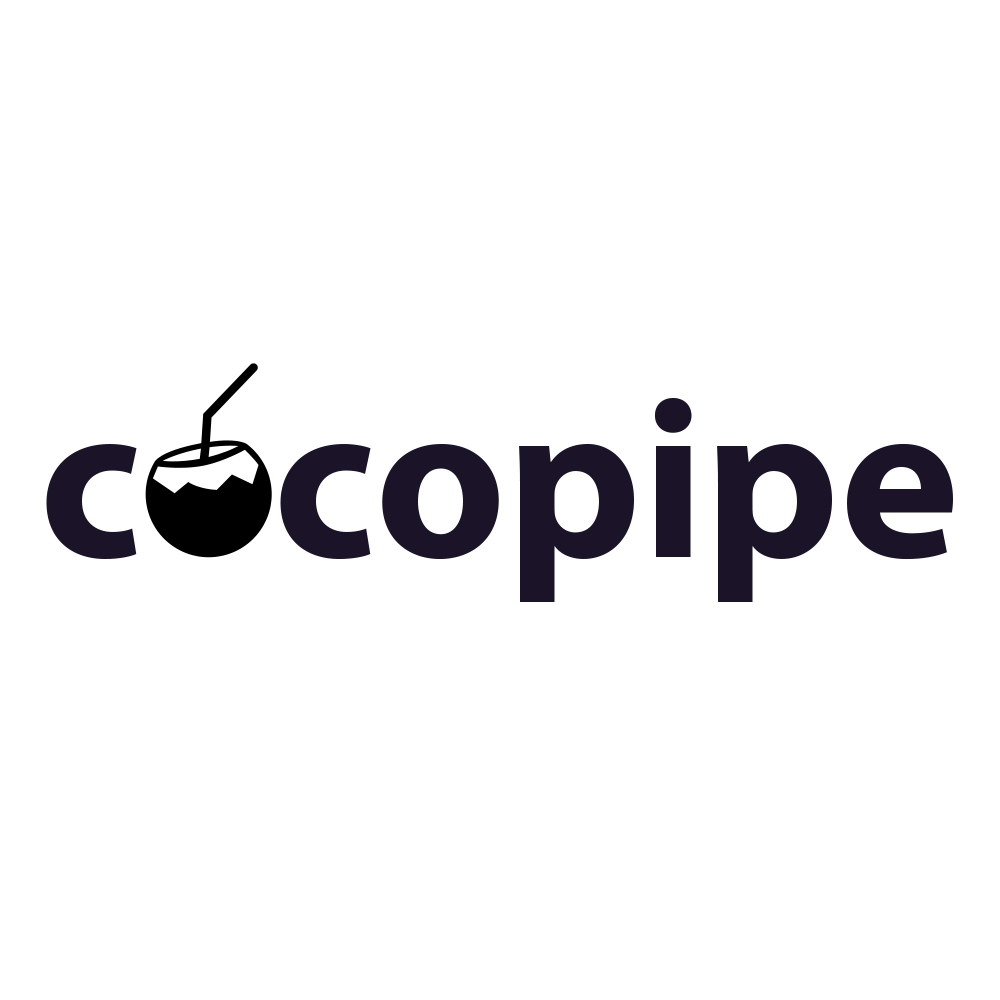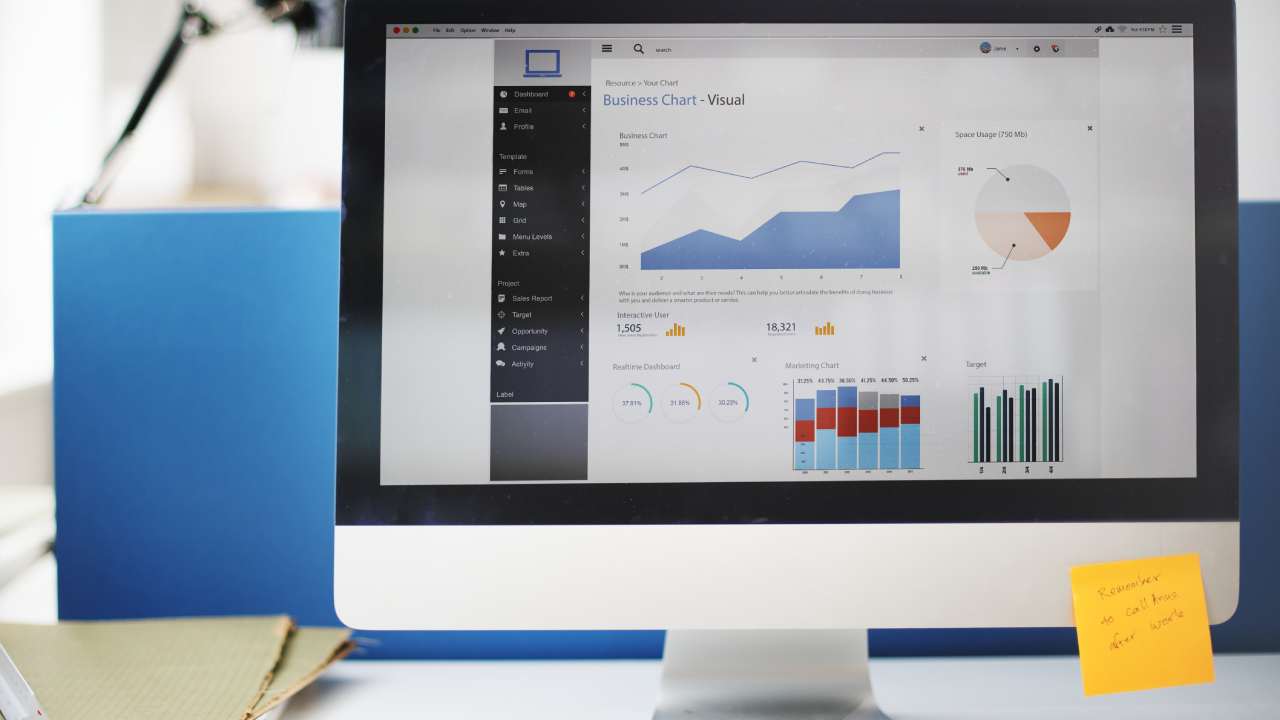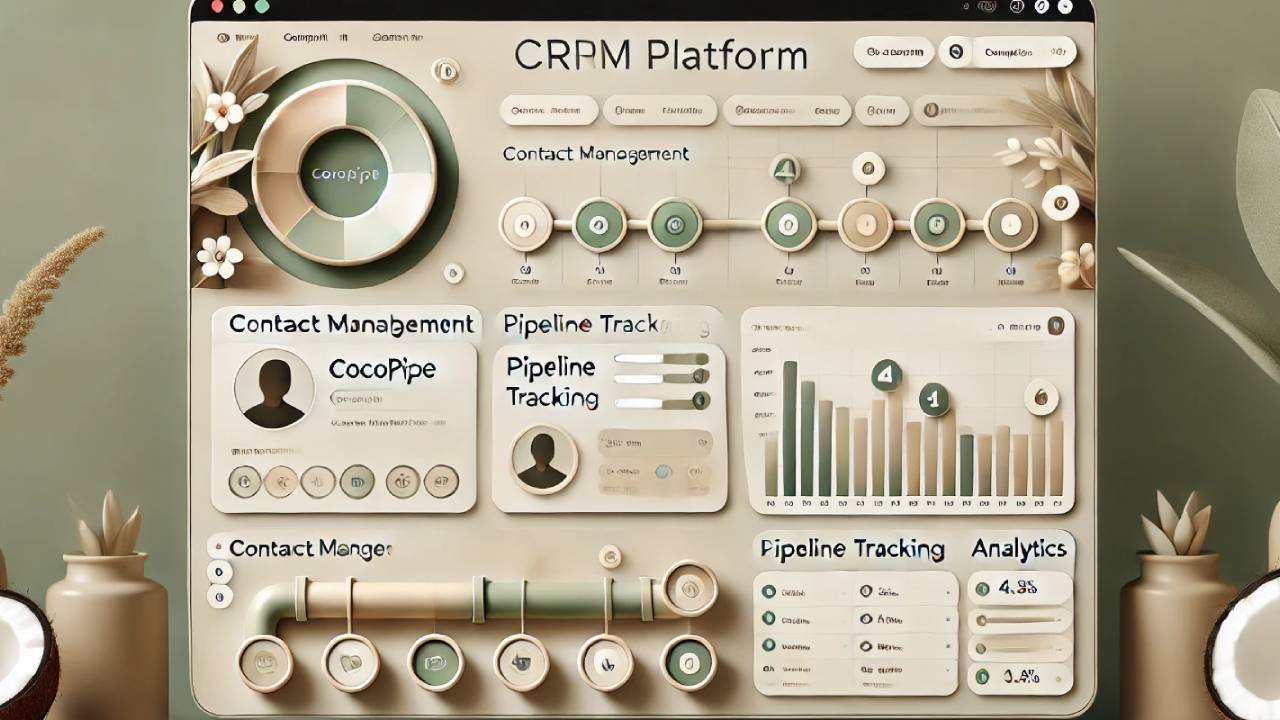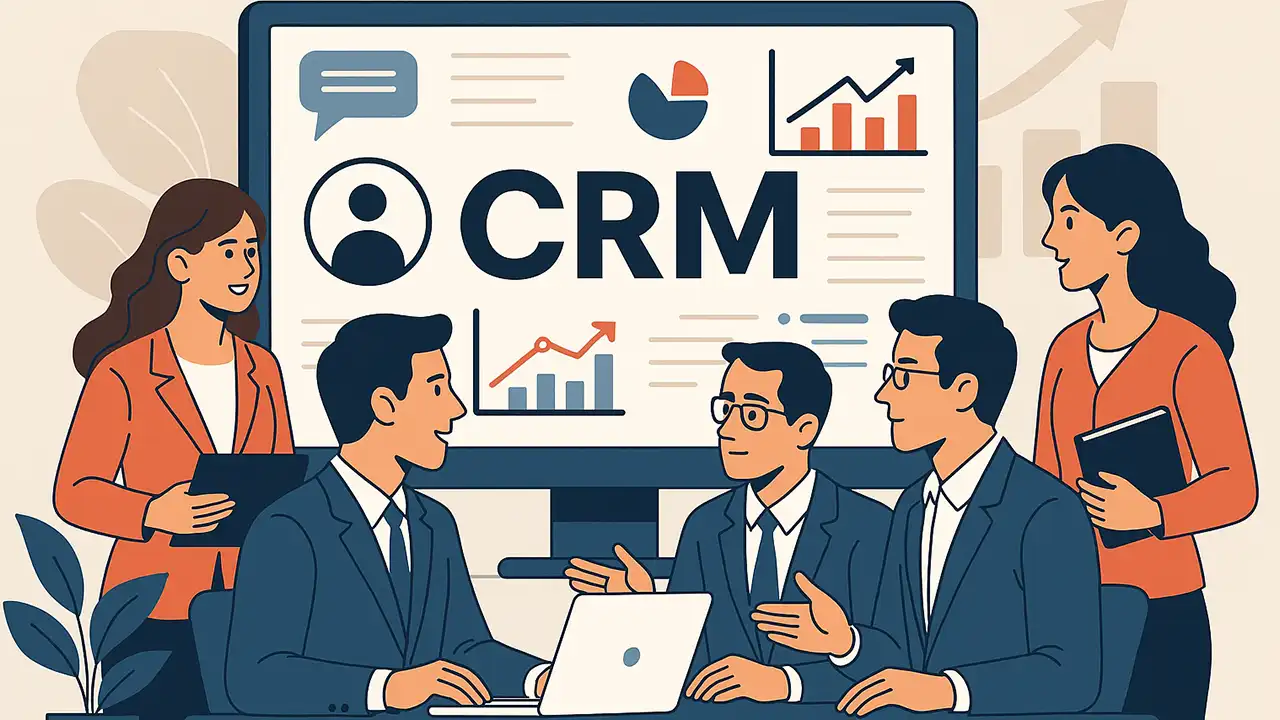
In today’s competitive business landscape, maintaining strong customer relationships is crucial for success. Customer Relationship Management (CRM) platforms are indispensable tools for achieving this goal, helping businesses manage interactions, streamline processes, and boost productivity. With numerous CRM software available, choosing the right one can be overwhelming. This guide provides an in-depth analysis of leading CRM platforms, detailing their pros and cons to help you make an informed decision.
1. HubSpot CRM Software
Overview: HubSpot CRM is renowned for its robust free version, making it an attractive option for small to medium-sized businesses. It offers a comprehensive suite of tools for marketing, sales, and customer service.
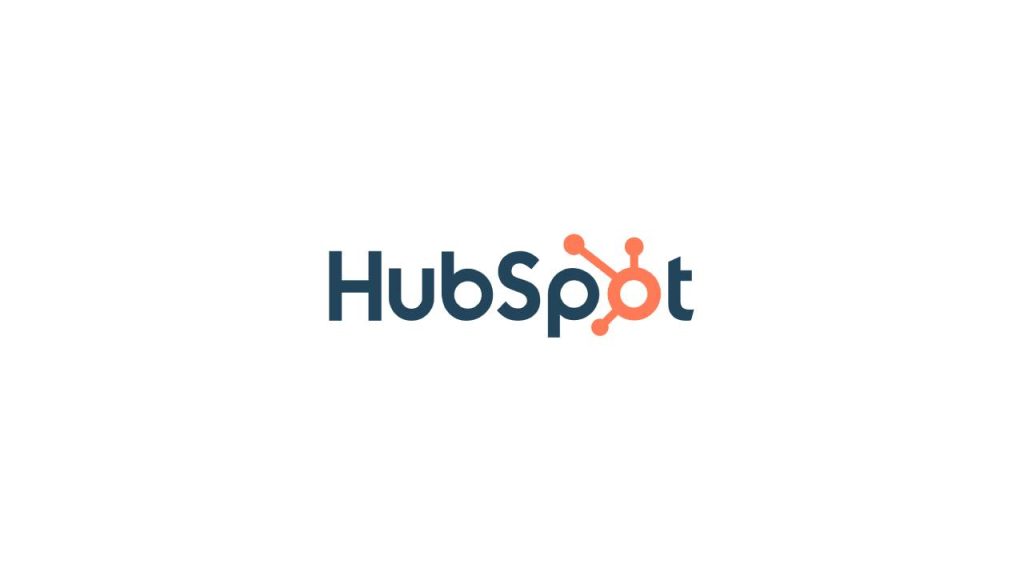
Pros:
• Free Version: HubSpot Free CRM offers a wide range of features at no cost, making it accessible for startups and small businesses.
• User-Friendly Interface: The platform is intuitive and easy to navigate, reducing the learning curve for new users.
• Integration: Seamlessly integrates with other HubSpot tools and numerous third-party applications.
• Scalability: Scales well with business growth, offering paid plans with advanced features.
Cons:
• Limited Customization: The free version has limited customization options compared to some competitors.
• Costly Upgrades: Advanced features can be expensive, especially for larger teams.
2. Pipedrive CRM Software
Overview: Pipedrive CRM is designed with sales teams in mind, focusing on pipeline management and sales automation. It’s known for its simplicity and effectiveness.
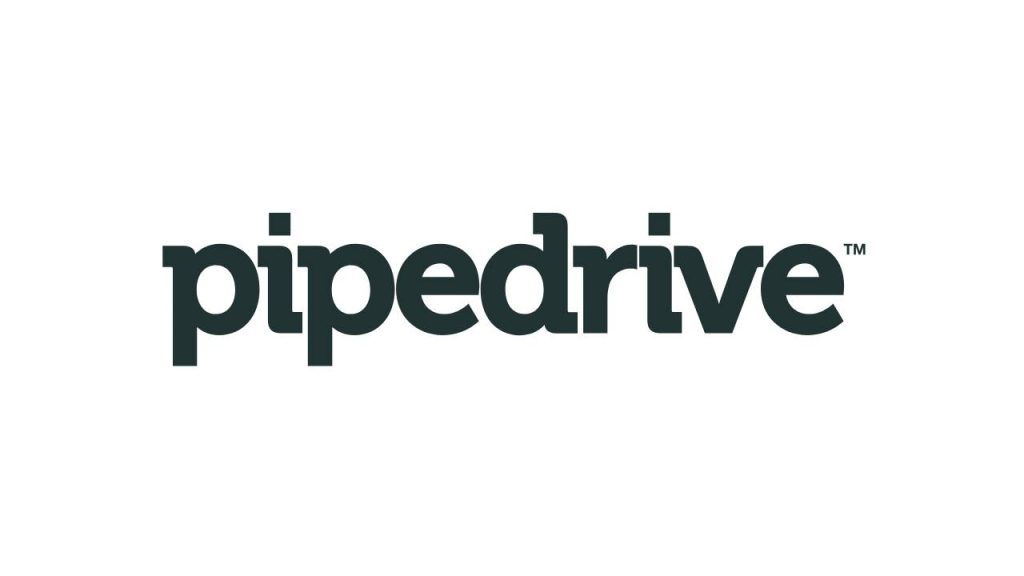
Pros:
• Pipeline Management: Offers excellent visual pipeline management, making it easy to track sales progress.
• Customization: Highly customizable to fit the unique needs of different businesses.
• Automation: Robust automation features help streamline sales processes.
• Mobile App: The mobile app is user-friendly and provides full functionality on the go.
Cons:
• Limited Features: May lack some advanced features needed for larger enterprises.
• Price: While affordable, costs can add up with additional features.
3. Salesforce CRM Software
Overview: Salesforce CRM is one of the most powerful and widely used CRM software. It offers a vast array of features and is suitable for businesses of all sizes.
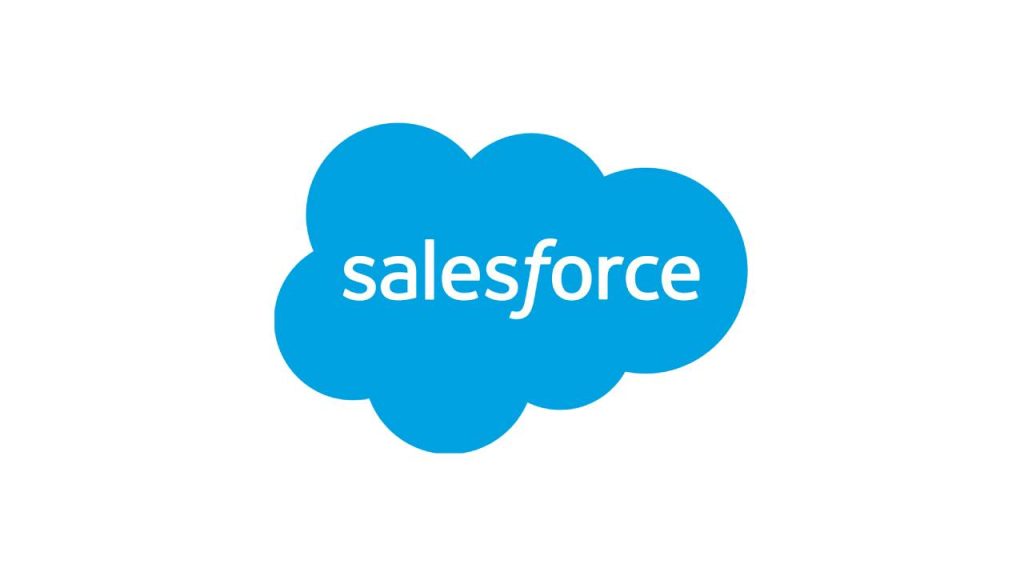
Pros:
• Comprehensive Features: Provides extensive features for sales, service, marketing, and more.
• Customization: Highly customizable to suit various business processes and needs.
• Integration: Integrates with a vast number of third-party applications.
• Scalability: Suitable for businesses of all sizes, from small startups to large enterprises.
Cons:
• Complexity: The platform can be complex and may require significant time to learn.
• Cost: It is one of the more expensive CRM options, especially for small businesses.
4. Monday CRM
Overview: Monday CRM, also known as Monday Sales CRM, is part of the Monday.com work operating system. It is known for its flexibility and visual project management features.
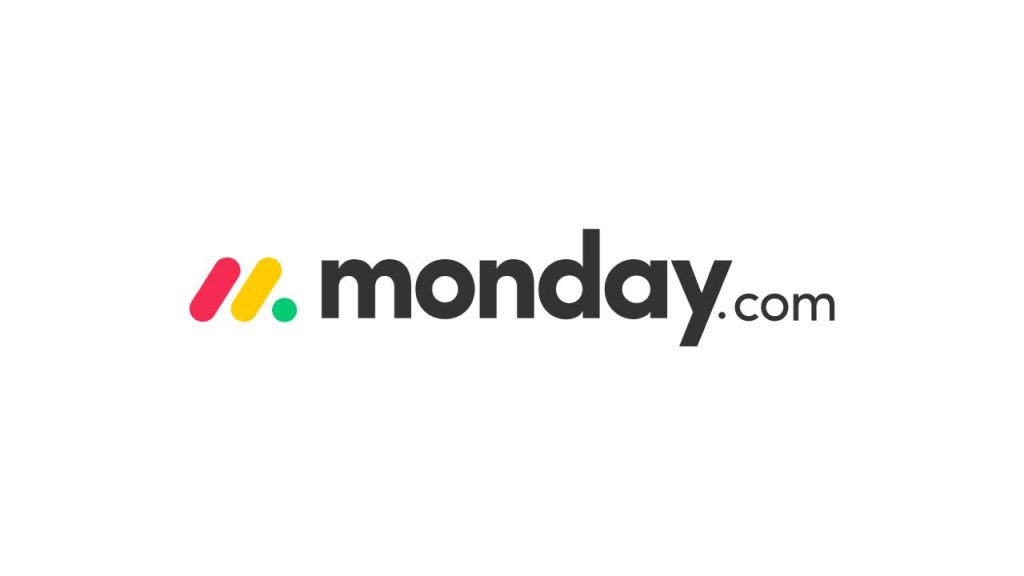
Pros:
• Visual Interface: Offers a highly visual interface that makes project and sales management intuitive.
• Customization: Easily customizable to fit various business needs.
• Integration: Integrates well with other Monday.com tools and third-party applications.
• User-Friendly: Simple to set up and use, making it accessible for teams with varying technical skills.
Cons:
• Limited CRM Features: Primarily a project management tool, it may lack some advanced CRM features.
• Price: Can become expensive with the addition of premium features.
5. Bitrix24
Overview: Bitrix24 is a comprehensive business management suite that includes CRM, project management, and collaboration tools. It is popular among small to medium-sized businesses.
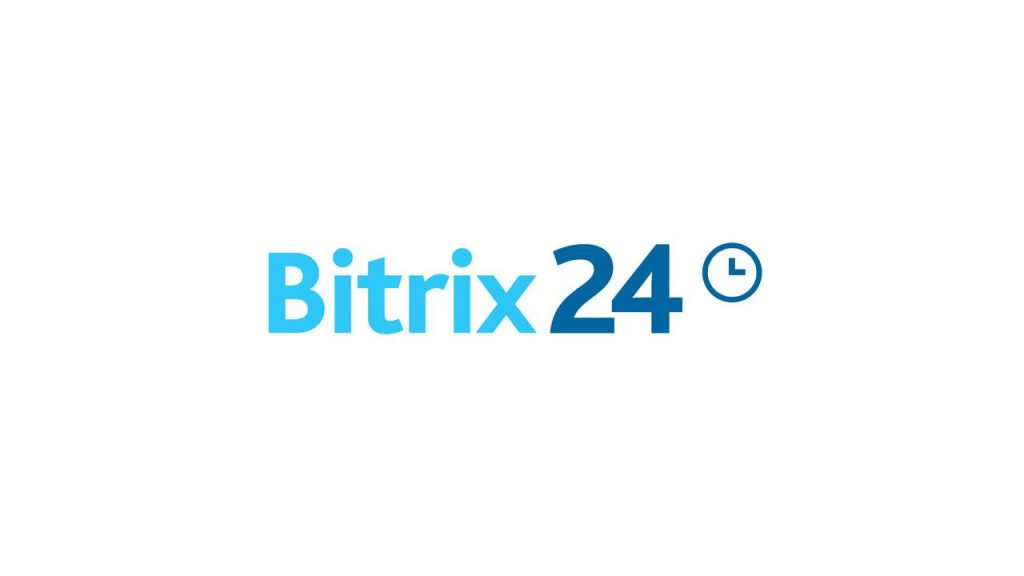
Pros:
• All-in-One Solution: Combines CRM, project management, and team collaboration in one platform.
• Free Version: Offers a robust free version with many features.
• Customization: Highly customizable to meet specific business needs.
• Integration: Supports integration with various third-party tools.
Cons:
• Complexity: The wide range of features can make the platform complex to navigate.
• User Interface: The interface can be less intuitive compared to other CRM software.
6. Pipeline CRM
Overview: Pipeline CRM is designed to simplify sales processes with an easy-to-use interface and strong pipeline management capabilities.
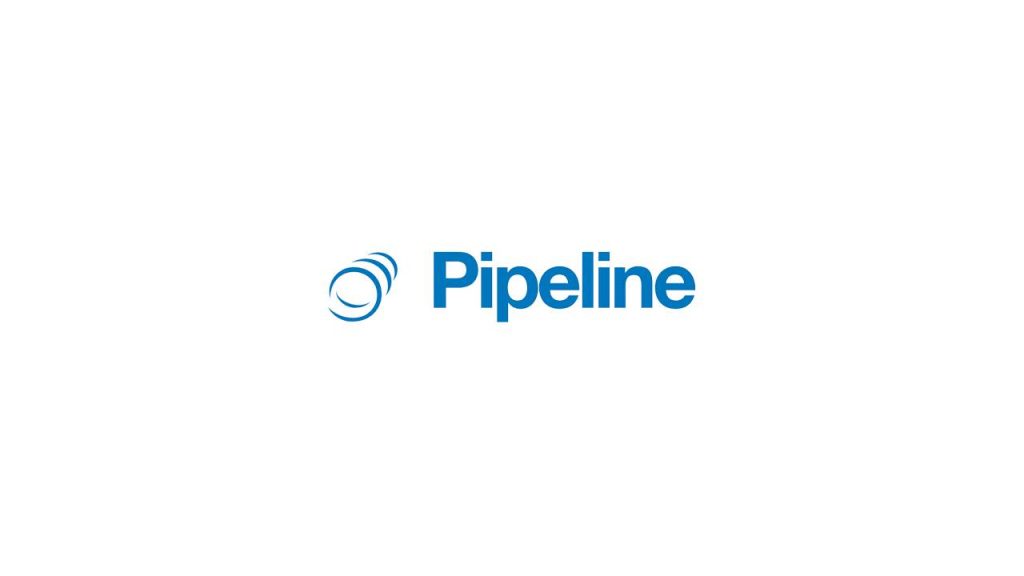
Pros:
• Ease of Use: Known for its simple and intuitive user interface.
• Pipeline Management: Offers excellent tools for managing sales pipelines.
• Customization: Flexible and customizable to fit different business needs.
• Support: Provides strong customer support and training resources.
Cons:
• Limited Features: May lack some advanced features found in other CRM software.
• Scalability: Better suited for small to medium-sized businesses rather than large enterprises.
7. Chime CRM
Overview: Chime CRM is a real estate-focused CRM that offers tools specifically designed for real estate professionals. It includes features for lead generation, transaction management, and marketing.
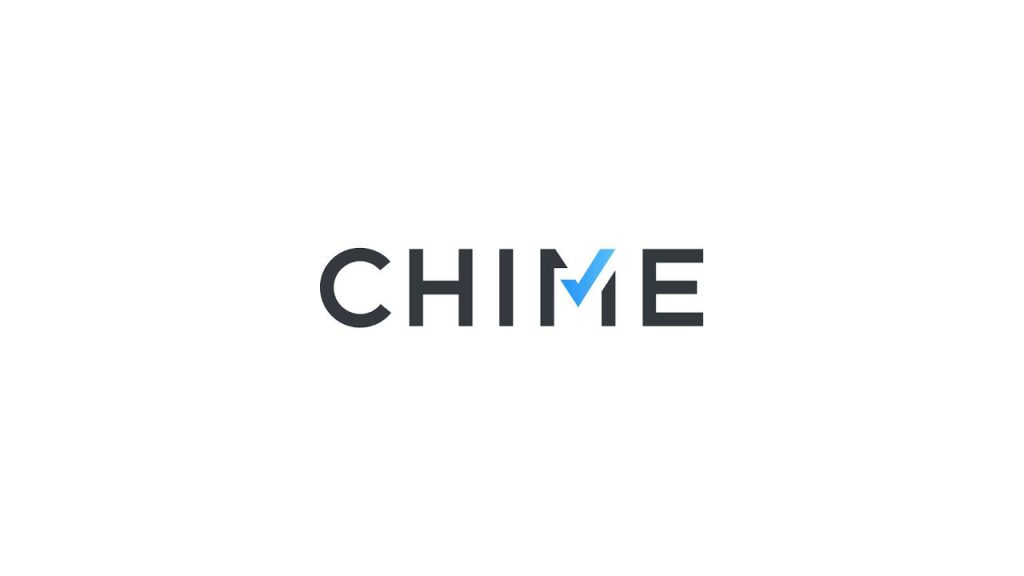
Pros:
• Industry-Specific Features: Tailored for real estate professionals with industry-specific tools.
• Lead Generation: Strong lead generation and nurturing capabilities.
• Integration: Integrates with various real estate and marketing tools.
• Mobile App: Offers a comprehensive mobile app for on-the-go management.
Cons:
• Niche Focus: Primarily beneficial for real estate businesses, may not suit other industries.
• Cost: Can be expensive compared to more general CRM software.
8. Google CRM
Overview: While Google doesn’t offer a standalone CRM product, its suite of tools, including Google Workspace, can be integrated with various CRM platforms to enhance functionality.

Pros:
• Familiar Interface: Users familiar with Google Workspace will find it easy to use.
• Integration: Easily integrates with many CRM platforms and other business tools.
• Collaboration: Excellent collaboration features through Google Docs, Sheets, and other tools.
Cons:
• Limited CRM Functionality: Lacks the dedicated features of standalone CRM platforms.
• Customization: Limited customization options compared to dedicated CRM solutions.
9. Microsoft CRM (Dynamics 365)
Overview: Microsoft CRM, part of the Dynamics 365 suite, is a powerful and comprehensive CRM solution suitable for various business sizes and industries.
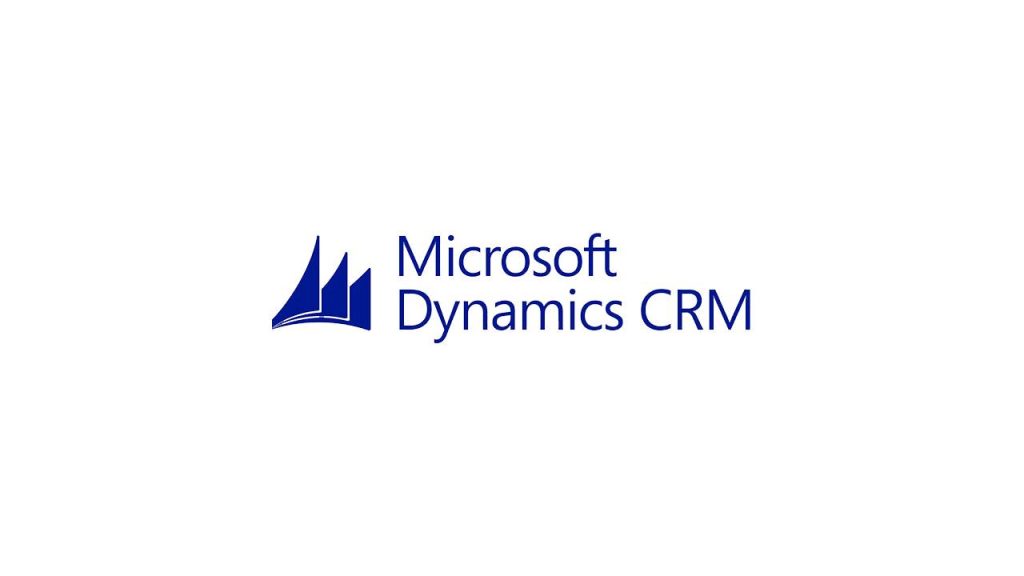
Pros:
• Integration: Seamlessly integrates with Microsoft’s ecosystem, including Office 365.
• Customization: Highly customizable to meet specific business needs.
• AI Capabilities: Advanced AI and analytics features.
• Scalability: Suitable for both small businesses and large enterprises.
Cons:
• Complexity: Can be complex to set up and use, requiring significant training.
• Cost: One of the more expensive CRM solutions.
9. Cocopipe CRM Software
Overview: Cocopipe is a great option for small and mid-size businesses as it offers a free version with a good amount of features. Besides, it’s an all-in-one CRM software where businesses can operate their operations on a single platform, which save time and money.
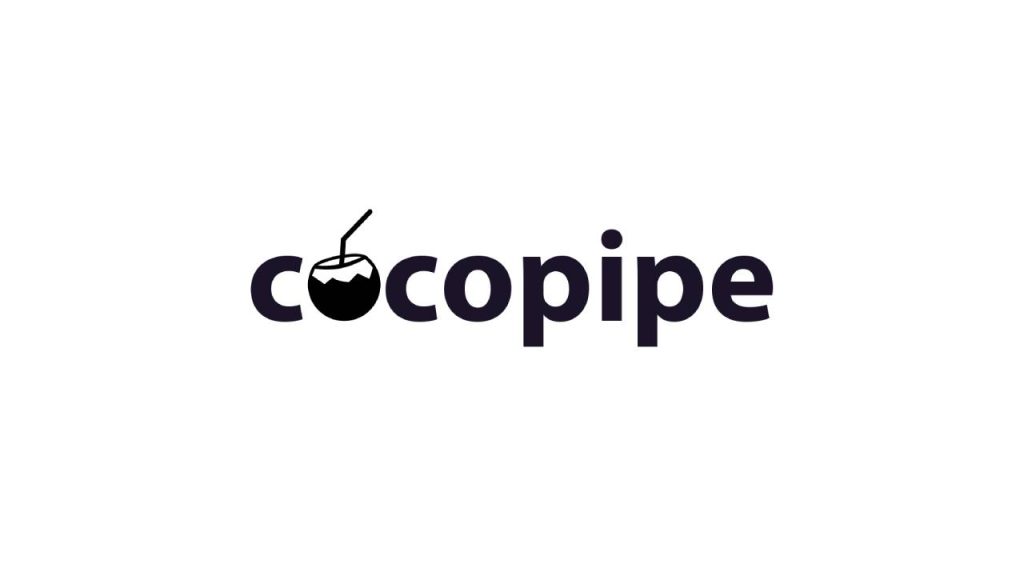
Pros:
- Free Package: If you don’t have budget to spend on a CRM platform, Cocopipe is for you.
- Customization: The product offers almost unlimited customization options.
- User-Friendly: As a new brand product, the software devoloped in new technology.
- Prices: Even the subscription-based packages are cheaper than others in the market.
Cons:
- Community: As it’s a new product, its community is not that big for now.
- Limited Tools: Cocopipe is still in development. So its marketing automations are limited but on the way.
Conclusion
Choosing the right CRM platform is crucial for the success of your business. Each CRM program has its unique strengths and weaknesses, and the best choice depends on your specific needs, budget, and business size.
